Brussels, 31 May 2023
FESI, the Federation of the European Sporting Goods Industry, welcomes the objectives of the Ecodesign for Sustainable Product Regulation (ESPR) proposal including the aim to address the destruction of unsold goods. In this context, the Federation recommends to EU policy- makers to take a meticulous approach in the development of the framework for a potential ban and reporting requirements to set strong incentives for a circular economy, increase legal certainty, and ensure global competitiveness in the domain of environmental sustainability of the products placed on the EU market.To secure the effectiveness of the Ecodesign measures, the industry wishes to present following recommendations:
Clarify the definition and exemptions of “unsold products” to provide legal certainty
FESI recommends further and timely clarification regarding the scope of destruction bans, reporting requirements and exemptions. The concept of “unsold products” should cover products that are fit for consumption and sale, in line with Union and national law and technical standards. Samples, prototypes, as well as products that are not allowed to be placed on the market due to contractual obligations should be exempt from the ban similarly to counterfeit products. On this point, it is relevant to underline that storage and discarding of counterfeit products are overseen by competent authorities, without influence or control of economic operators, whose products these aim to imitate. Furthermore, the industry welcomes the acknowledgment of the specificities of products that violate Intellectual Property Rights or do not meet health, safety and environmental requirements of EU and national legislation. However, products that may not be placed on the EU market for product regulatory compliance reasons should be exempt from the ban similarly to unsafe products. Clarity on definitions, methodology and exemptions should be available 36 months before the new rules are applicable to economic operators
Allow recycling as an alternative to destruction
The industry believes that economic operators should have the flexibility to choose alternatives to energy recovery and landfilling which reflect the characteristics of the goods, consider value recovery options, and options for achieving the circular economy. Categorisation of recycling as an equivalent of destruction runs contrary to the objectives pursued by the European Commission in the EU Strategy for Sustainable and Circular Textiles that sets an ambitious goal of reaching a full circularity in the Union while supporting R&D in the fibre-to-fibre recycling, as well as against the Waste Framework Directive, which considers recycling and destruction as two separate approaches towards waste treatment. In consequence, the Federation wishes to recommend the definition of destruction not to include recycling operations, or as an alternative, address it via Implementing Acts, by taking into consideration specificities of the product groups falling under the scope of the ban with adequate transition time.
Disclosure of information and reporting obligations
The sporting goods industry calls for ensuring clear reporting requirements that lay down adequate timelines, clarify the reporting format, as well as a standardised methodology. This will ensure legal certainty and equal application of rules across the EU, which are prerequisites for requirements to provide an added value in tracking the progress towards a more sustainable product ecosystem. The industry supports the implementation of reporting requirements, however, wishes to highlight the importance of consideration of the industry’s characteristics while specifying the applicability date, which should cover no less than 36 months after the adoption of the methodology. FESI encourages the European Parliament and the Council to contribute to the EU’s circular and environmental objectives by addressing these elements and providing legal certainty to economic operators.
***
About FESI: Founded in 1960 FESI, the Federation of the European Sporting Goods Industry, is the unique pre-competitive platform representing the interests of the sporting goods industry in Europe, advancing its members’ priorities and promoting initiatives that benefit the sector, EU citizens and the society as a whole. FESI represents the interests of approximately 1.800 sporting goods manufacturers (85% of the European market) through its National Sporting Goods Industry Federations and its directly affiliated member companies. 70-75% of FESI’s membership is made up of Small and Medium Sized Enterprises. In total, the European Sporting Goods Industry employs over 700.000 EU citizens and has an annual turnover of some 81 billion euro.
Contact: Ariane Gatti / FESI Communication Manager / [email protected]

